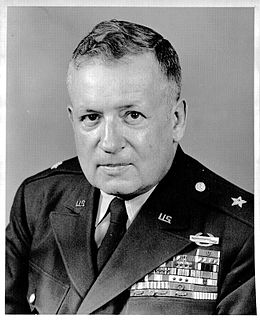Top 12 Quotes & Sayings by Samuel Lyman Atwood Marshall
Explore popular quotes and sayings by a historian Samuel Lyman Atwood Marshall.
Last updated on April 20, 2025.
An officer should never speak ironically or sarcastically to an enlisted man, since the latter does not have a fair chance to answer back. The use of profanity and epithets comes under the same headings. The best argument for a man keeping his temper is that nobody else wants it; and when he voluntary throws it away, he loses a main prop to his own position.
























